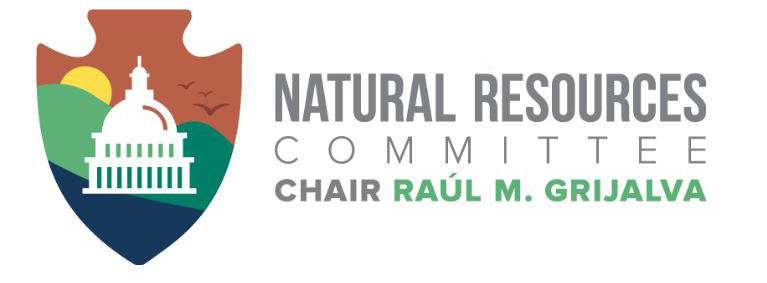
June 22, 2020 - Washington, D.C. – Chair Raúl M. Grijalva (D-Ariz.), Rep. Alan Lowenthal (D-Calif.), Chair of the Subcommittee on Energy and Mineral Resources, and Rep. Mike Levin (D-Calif.) wrote to Interior Secretary David Bernhardt last week seeking an explanation for the Bureau of Land Management’s (BLM) recently released guidance making it easier for companies to pay less in public royalties for producing oil and gas on public lands.
The revised guidance, the authors write, deprives taxpayers of a fair return on the use of public resources, violates mineral leasing law, and could lead to companies paying near-zero royalties whenever the price of oil goes below a certain level. States receive nearly 50 percent of oil and gas royalties, and royalty reductions are especially unwise now because the coronavirus pandemic has strained state and local budgets.
The full letter is available at https://bit.ly/3hCs8Xa.
As the lawmakers explained in an April 6 letter, a landmark 1986 decision by the Interior Board of Land Appeals (IBLA) made it clear that to receive a BLM royalty reduction, an applicant must demonstrate “that a reduction of that rate is necessary to promote development of the lease.” BLM had previously released guidance in April consistent with the IBLA decision, requiring applicants to demonstrate how a reduced royalty rate would move a lease from uneconomic to profitable.
However, revised guidance rolled out by BLM earlier this month removed this key requirement, and as a result “subverts one of the sole arguments for the public benefit of reducing royalties: that the royalty reduction is necessary to enable the lease to continue producing,” the lawmakers write today.
Among other questions, the lawmakers ask Bernhardt to explain why BLM changed the guidance and how the new guidance is consistent with the 1986 IBLA decision.
BLM began granting royalty relief in April but has done a poor job of publicizing company applications or making other information available to the public. The data available from BLM’s online database is typically several weeks out of date, but according to a new tracker developed by the Center for Western Priorities, BLM has approved 122 royalty reductions for a total of 119,653 acres of leases in three states.
“Oil and gas companies operating on federal lands already benefit from low royalty rates paid to the government, resulting in inexcusably low return for the American taxpayers,” Rep. Lowenthal said. “While there are certainly extraordinary circumstances the Interior Department could cite to justify lowering rates for lease holders—perhaps even the COVID-19 pandemic—Interior appears to not only be indiscriminately approving rate cuts, but under cover of the pandemic has also tried to quietly make it easier for companies to qualify for these rate cuts. Interior is abrogating it’s responsibility both to transparency and the U.S. taxpayer, all in the name of sweetheart deals for the oil and gas industry.”
“It’s no surprise that the former fossil fuel lobbyist running the Interior Department is facilitating a handout to fossil fuel companies, but that doesn’t make it okay,” Rep. Levin said. “These royalties are in place for a reason – if public lands are being exploited then the public deserves compensation, and there’s no reason that oil and gas companies should suddenly be exempt from that. Secretary Bernhardt needs to explain why the Bureau of Land Management thinks fossil fuel companies deserve special treatment.”
Source: Natural Resources Committee Chair Raul M.Grijalva








